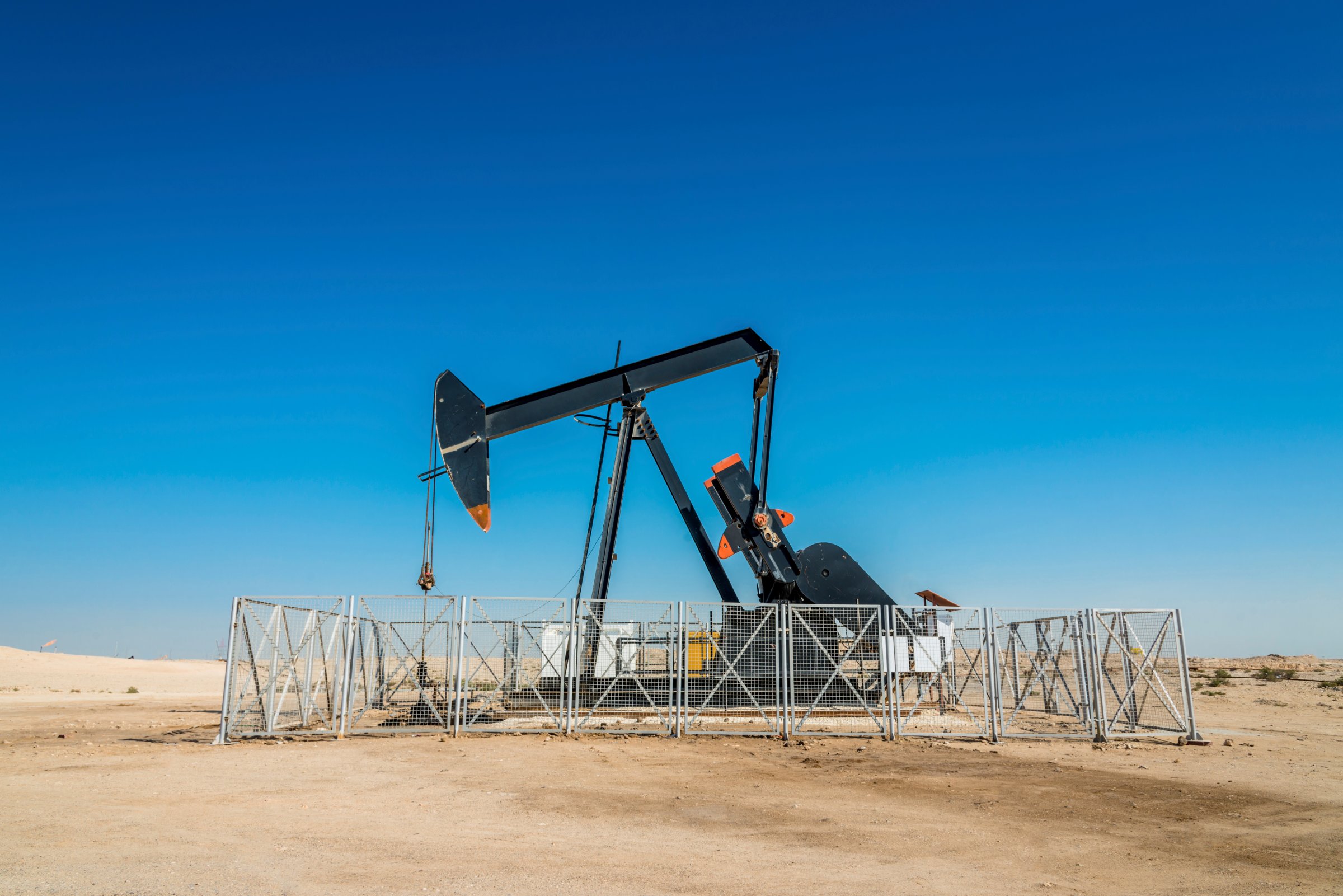
What will it take for oil prices to rise?
Oil companies have little incentive to turn off the taps, given that low oil prices are providing sharply lower revenues for them. It makes more sense for individual companies (and countries) to continue to produce flat out from existing production and hope for their competitors to go out of business.
With that mentality, oil prices could stay low for an extended period of time.
However, the one thing that could abruptly force oil prices up could be an unexpected geopolitical flashpoint. Violence in Libya since December has knocked a significant portion of their oil output offline. But surprisingly, oil markets have hardly noticed.
Perhaps it would take a much larger threat to global oil supplies to pull oil prices up from their doldrums.
What if, say, Saudi Arabia were to experience a wave of violence, disrupting the notion that one of the world’s largest oil producers is safe from all the turmoil seen in neighboring countries? This is an unlikely scenario, as the Saudi Kingdom is armed to the teeth and keeps an iron grip on the nation’s security.
Nevertheless, Saudi Arabia is at the top of ISIS’ hit list. The group’s leader has called Saudi Arabia “head of the snake and stronghold of disease.” Much of that has to do with Saudi Arabia’s cooperation in combating ISIS in Iraq and Syria. The feeling is mutual — the highest religious authority in Saudi Arabia labeled ISIS as the “greatest enemy of Islam.”
While there has been little news about the presence of ISIS in Saudi Arabia, the militant group has conducted several attacks there over the past year. The group released a video on December 1 depicting the murder of a Danish national, which apparently occurred inside Saudi Arabia.
Moreover, Sputnik News reported that ISIS launched an attack on Saudi border guards on Jan. 5. Three guards were killed after a militant detonated a suicide belt. The ISIS attackers were Saudi nationals.
Saudi Arabia’s involvement with the military campaign in Iraq and Syria, which involves military cooperation with the United States, fuels anger among its own population. This presents ISIS with a recruitment opportunity within Saudi borders.
Several thousand Saudi nationals have joined ISIS in Iraq and Syria, and the Saudi government has even resorted to implementing a “counseling and care” program for returning fighters to reintegrate them into society. The Saudi government has stated that 12 percent of returning fighters have “relapsed,” and returned to “terror-related activities.”
What if ISIS attacked energy installations? The Jan. 5 attack at the border was a worrying, albeit, small warning of what is possible. As the largest exporter of crude oil in the world, an attack on oil-related facilities — even if unsuccessful — could rattle the markets. After all, in the immediate aftermath of a failed 2006 Al Qaeda attack on Saudi Arabia’s Abqaiq oil processing facility oil prices spiked 3.4 percent.
Abqaiq is the world’s largest processing facility, and if the 2006 attack had succeeded, it could have sent oil prices to unfathomable heights.
The government has stepped up security over the last decade at critical energy structures, and built in redundancy in order to ensure an outage won’t disrupt exports. But the 2006 attack was not an anomaly. In 2010, Saudi Arabia arrested 113 suspected Al Qaeda suspects for planning attacks on oil installations.
The Saudi government has weakened Al Qaeda but ISIS presents a new threat. In Nov. 2014, the leader of ISIS called for attacks on the Saudi Kingdom.
For now, there is no evidence that any Saudi oil production is at risk or that ISIS is even planning substantial attacks on Saudi oil fields or infrastructure. The attacks at the borders have been narrow in scope and mostly unsuccessful. Even if the group is considering something more ambitious, it is unlikely that Saudi Arabia would allow ISIS to succeed.
Moreover, low oil prices are hurting the finances of ISIS — the group gets much of its cash from smuggling and selling oil. Reliable data is obviously hard to come by, but it is safe to assume ISIS is likely fetching less money for its contraband than in months past, lowering its ability to stage large-scale attacks in Saudi Arabia.
Finally, it is important to note that even if an attack somewhere around the world knocked some oil production offline, it would not affect oil prices quite as dramatically as it would have a few years ago before the shale revolution. There is a considerable amount of slack production that would cushion any price rise.
Still, should the appearance of stability in Saudi Arabia begin to crack due to an ISIS attack, that would inject a whole lot of uncertainty into the market.
This post originally appeared on OilPrice.com.
Read more from Oilprice.com:
More Must-Reads from TIME
- Donald Trump Is TIME's 2024 Person of the Year
- Why We Chose Trump as Person of the Year
- Is Intermittent Fasting Good or Bad for You?
- The 100 Must-Read Books of 2024
- The 20 Best Christmas TV Episodes
- Column: If Optimism Feels Ridiculous Now, Try Hope
- The Future of Climate Action Is Trade Policy
- Merle Bombardieri Is Helping People Make the Baby Decision
Contact us at letters@time.com